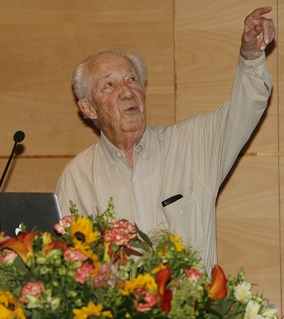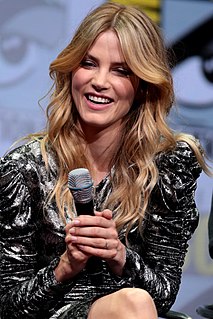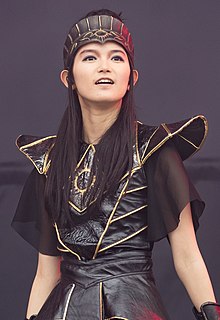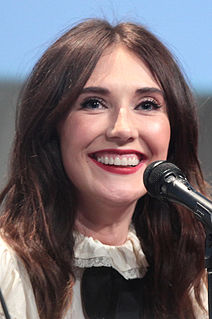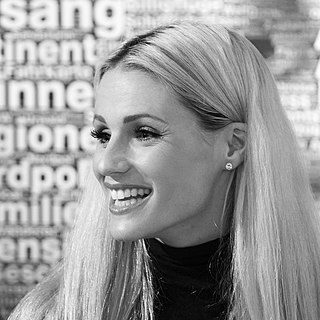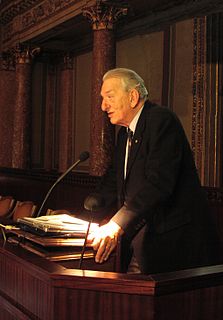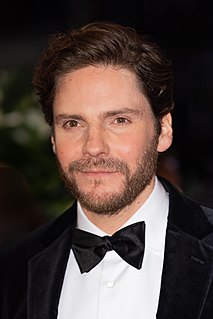A Quote by Christian de Duve
Born in England during the First World War, of Belgian parents with partly German roots, I grew up in the cosmopolitan city of Antwerp, where I had the benefit of a classical education taught in the two national languages of Belgium: French and Dutch.
Related Quotes
My parents, of Belgian-German extraction, were Belgian nationals who had taken refuge in England during the war. They returned to Belgium in 1920, and I grew up in the cosmopolitan harbour city of Antwerp, at a time when education in the Flemish part of the country was still half French and half Flemish.
My father was born in the year 1900 in South Carolina, and he grew up at a time where being an African-American child in the American South was to be deprived of access to anything close to a reasonable education. He only had three years of formal education, but he was self-taught. He read two newspapers a day.
With respect to the creation of the program, I introduced the bill in September 1945, immediately after the end of the war with Japan, in August of that year. A number of considerations, of course, entered into my decision to introduce the bill, growing from my own experience as a Rhodes scholar and the experiences our government had had with the first Word War debts, [Herbert] Hoover's efforts in establishing the Belgian-American Education Foundation after World War I, [and] the Boxer Rebellion indemnity.
I was born into a Turkish family that had acquired Italian citizenship. Many members of the family subsequently became British, French, Brazilian, and German, so there was a bit of everything. It was not uncommon for people in the family to speak seven languages: English, French, Ladino, Italian, Turkish, Arabic, and even Greek.
